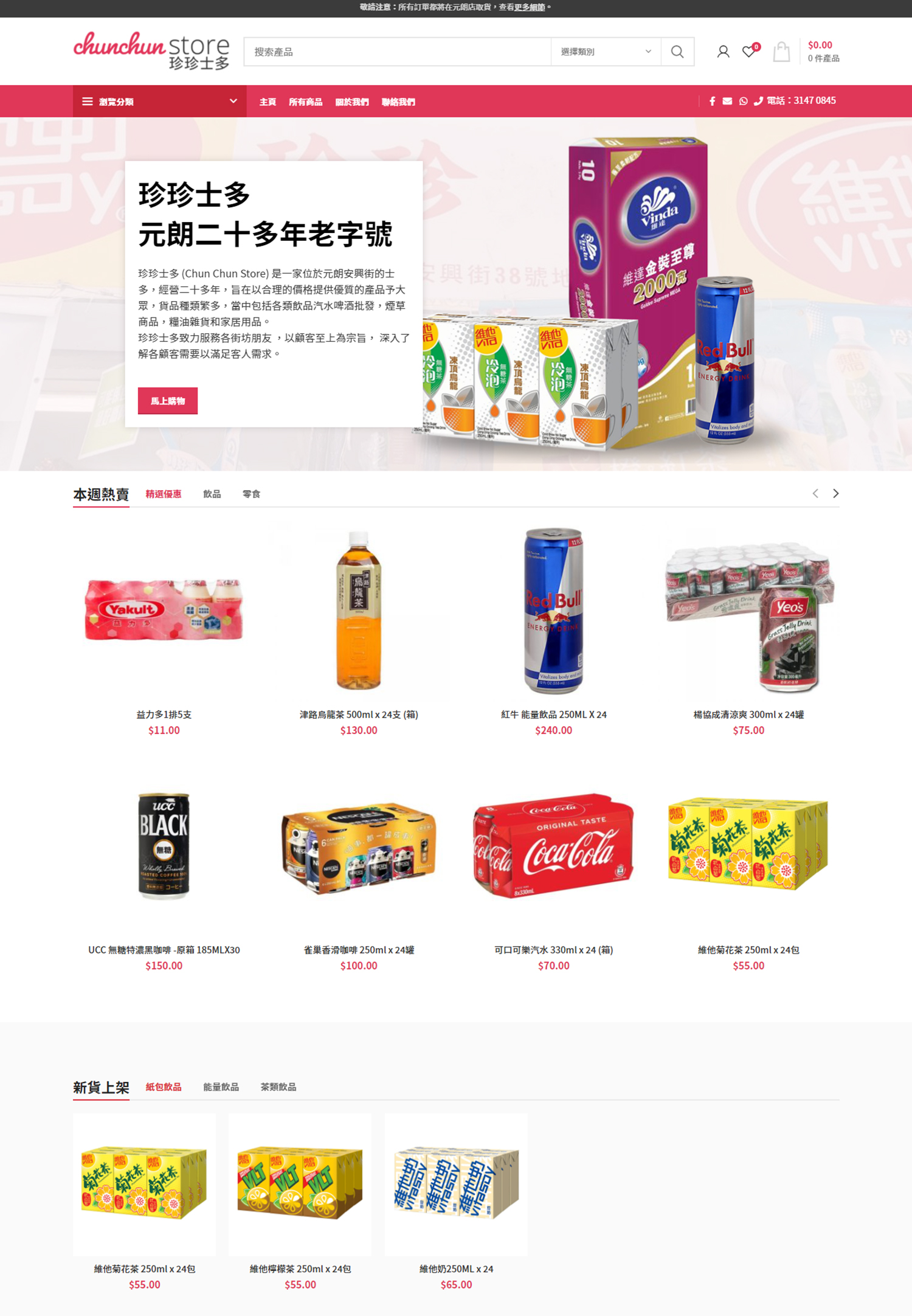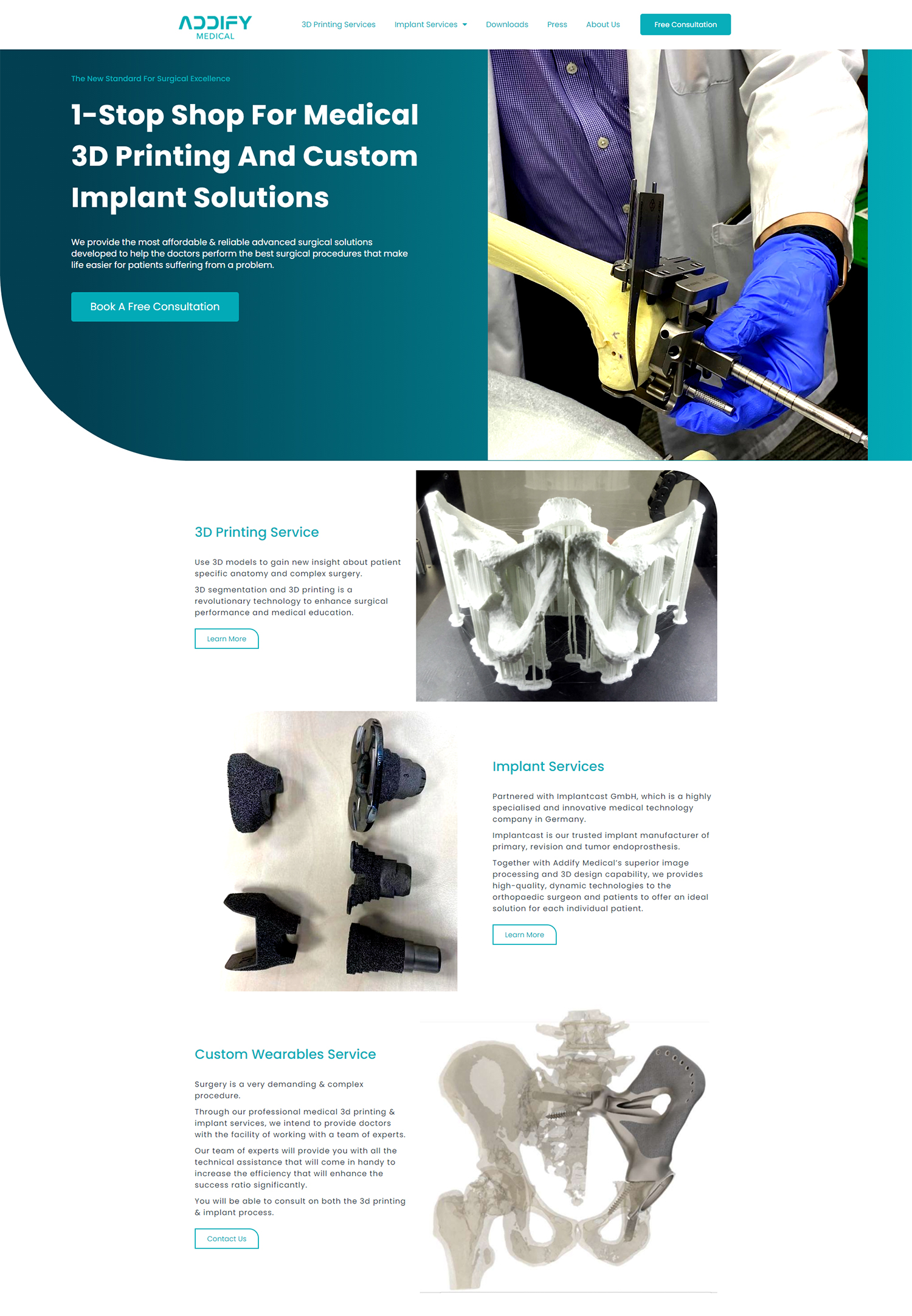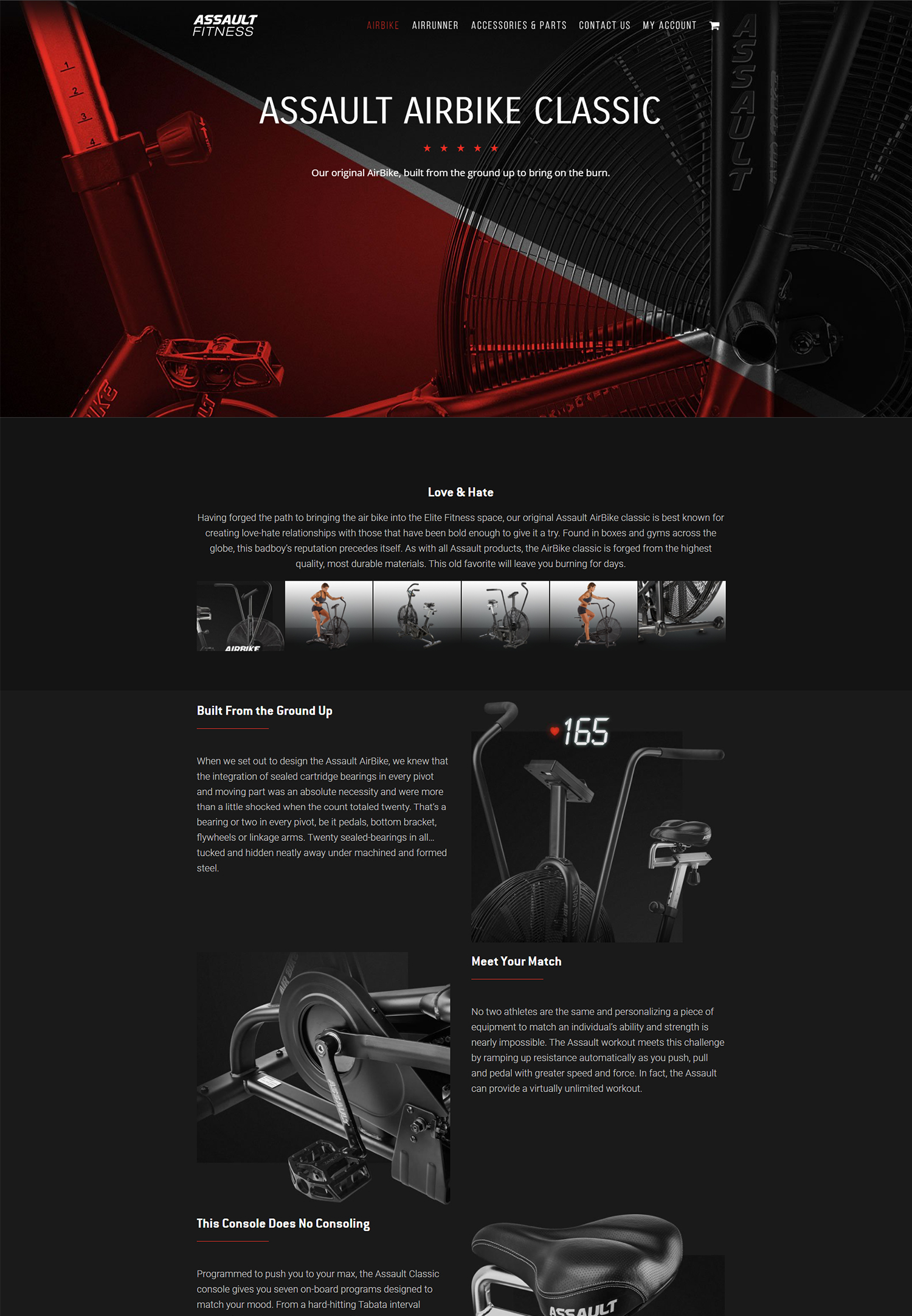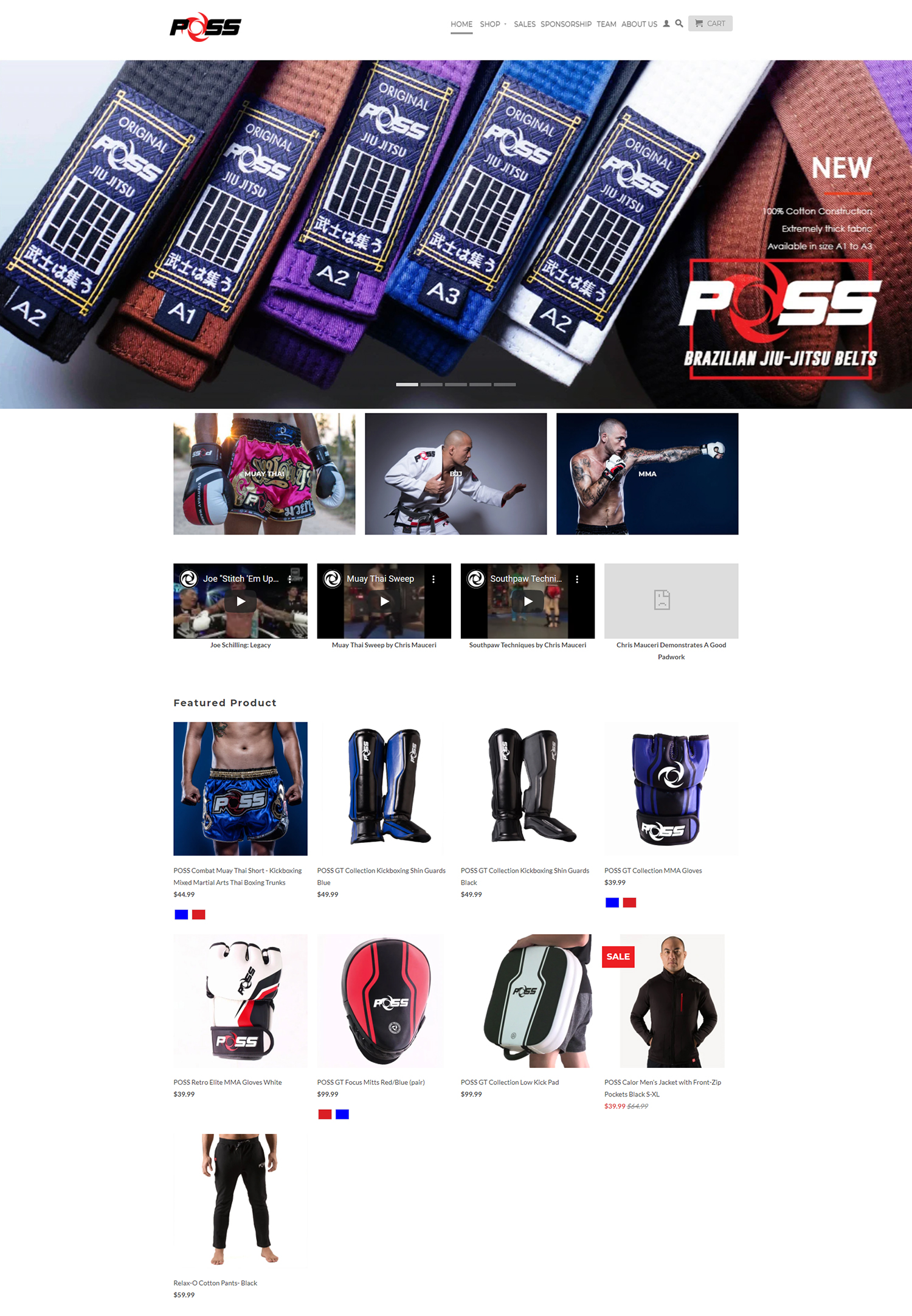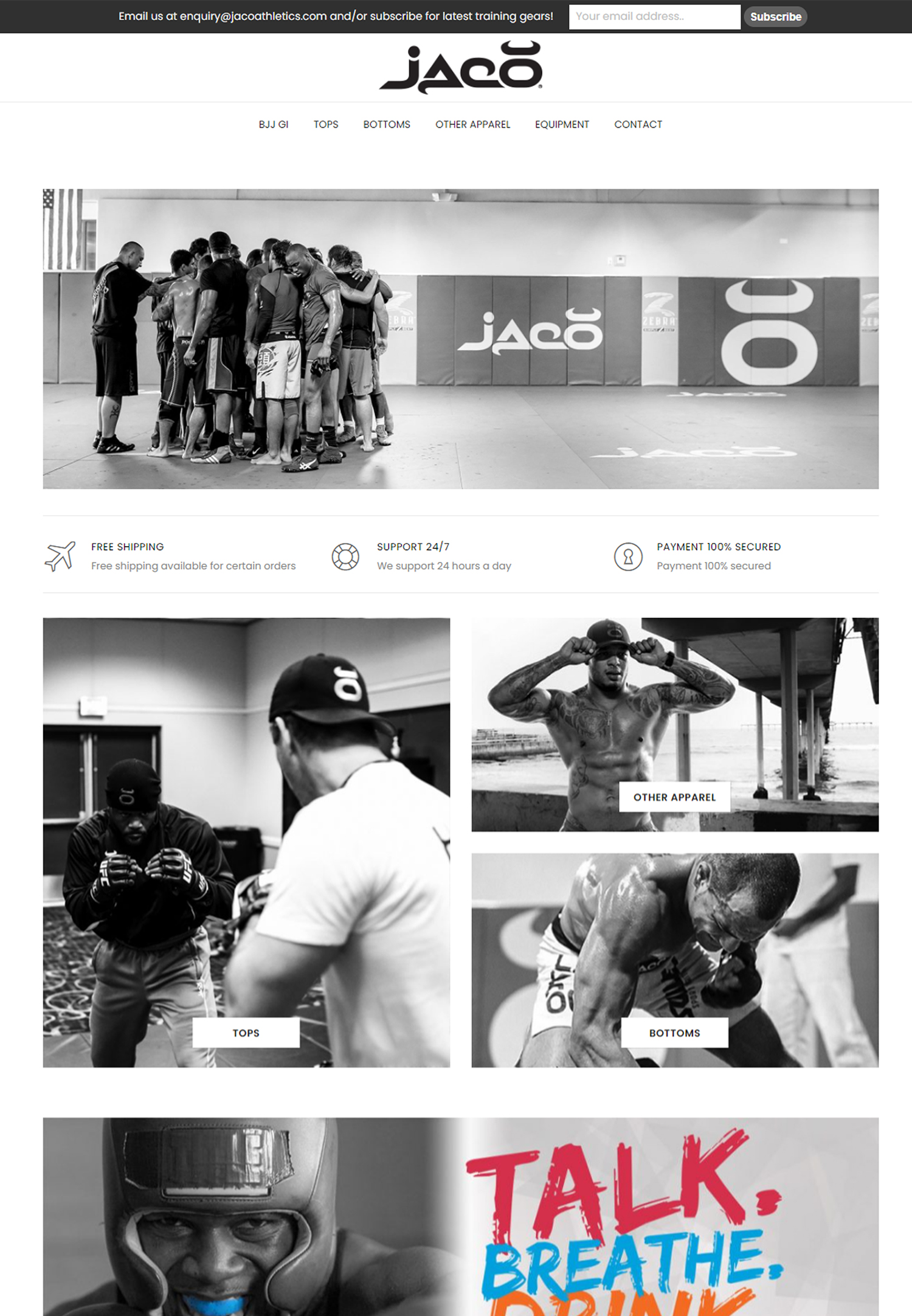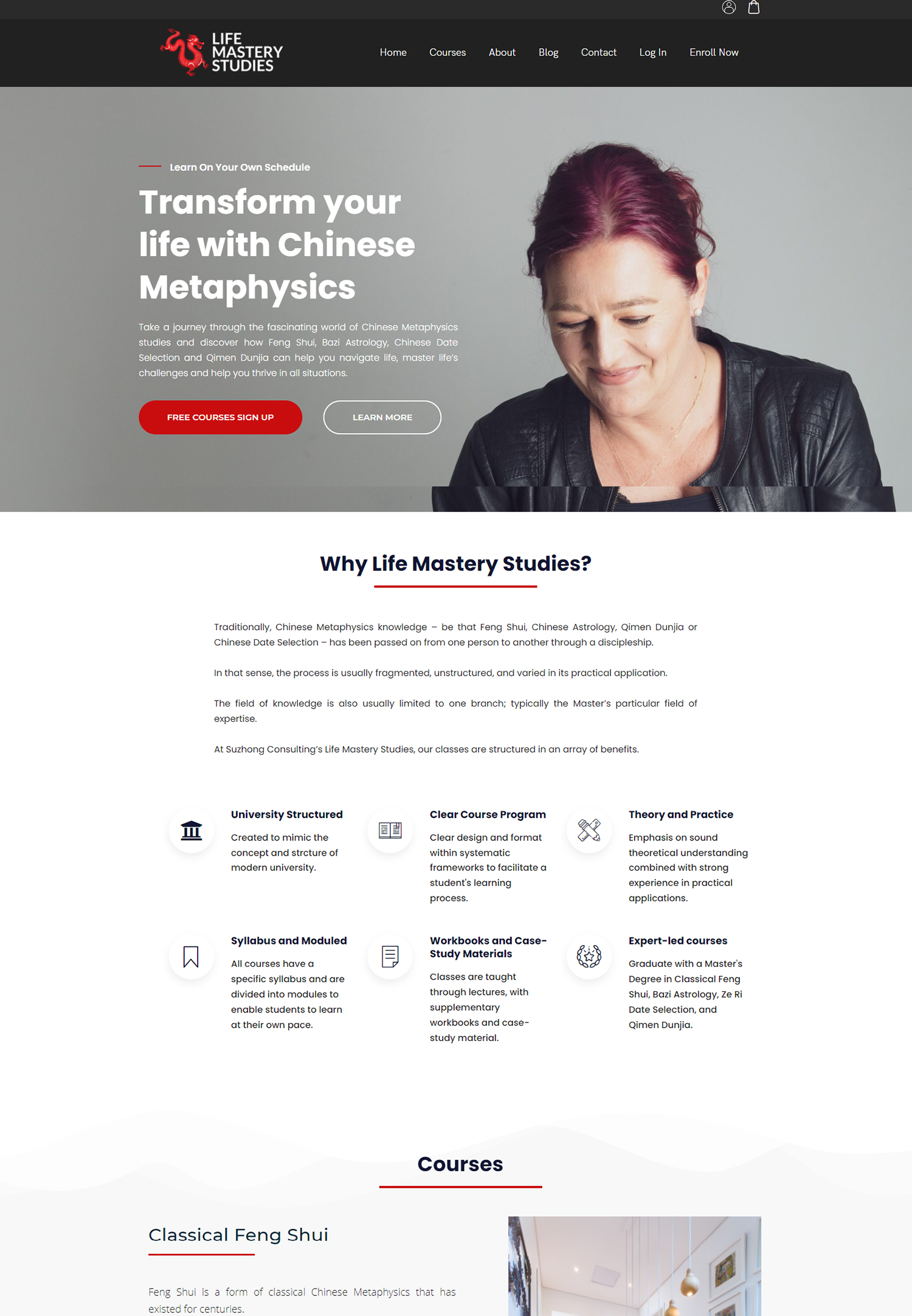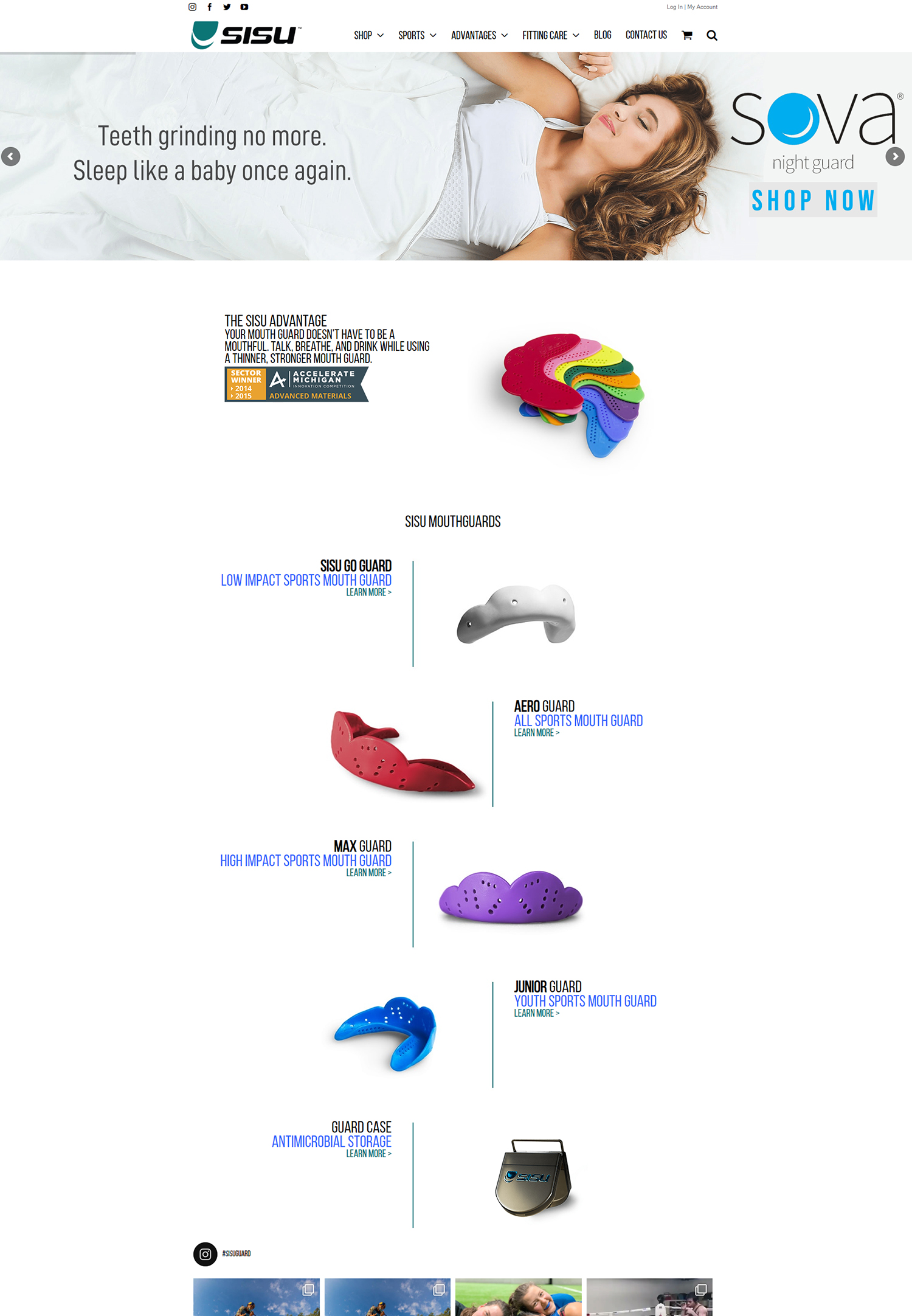Keyword research is a crucial aspect of running successful Google Ads campaigns. It involves identifying the right keywords that are relevant to your business and target audience, and incorporating them into your ad campaigns. By understanding the importance of keyword research and implementing effective strategies, you can increase the visibility of your ads, drive more targeted traffic to your website, and ultimately, achieve better results.
Understanding the Importance of Keyword Research in Google Ads Campaigns
Keyword research plays a significant role in the success of Google Ads campaigns. When users search for products or services on Google, they use specific keywords to find what they are looking for. By targeting these keywords in your ads, you can ensure that your ads are shown to the right audience at the right time.
Targeting the right keywords is essential because it helps you reach potential customers who are actively searching for what you offer. By understanding the search intent behind different keywords, you can create ads that are highly relevant to users’ queries. This increases the chances of users clicking on your ads and converting into customers.
Identifying Your Target Audience for Effective Keyword Research
Understanding your target audience is crucial for effective keyword research. By knowing who your ideal customers are, you can identify the keywords they are likely to use when searching for products or services like yours.
To identify your target audience, start by creating buyer personas. These are fictional representations of your ideal customers based on demographic information, interests, behaviors, and pain points. Conduct market research, analyze customer data, and gather feedback from existing customers to create accurate buyer personas.
Once you have a clear understanding of your target audience, you can use this information to inform your keyword research. Consider the language and terminology they use, their specific needs and pain points, and the types of products or services they are looking for.
Utilizing Keyword Research Tools for Google Ads Campaigns
There are several keyword research tools available that can help you identify relevant keywords for your Google Ads campaigns. These tools provide insights into search volume, competition, and related keywords, allowing you to make informed decisions about which keywords to target.
Some popular keyword research tools for Google Ads campaigns include Google Keyword Planner, SEMrush, and Ahrefs. These tools provide valuable data on keyword search volume, competition level, and suggested bid amounts. They also offer features like keyword suggestions and competitor analysis, which can further enhance your keyword research efforts.
To use these tools effectively, start by entering a seed keyword or a few relevant keywords related to your business. The tool will then generate a list of related keywords along with their search volume and competition level. Analyze this data to identify keywords that have high search volume and low competition, as these are more likely to drive targeted traffic to your website.
Analyzing Competitor Keywords for Successful Google Ads Campaigns
Analyzing competitor keywords is an important aspect of keyword research for Google Ads campaigns. By understanding what keywords your competitors are targeting, you can gain insights into their strategies and identify opportunities to differentiate yourself.
Start by identifying your main competitors in the market. Use tools like SEMrush or Ahrefs to analyze their websites and ad campaigns. Look for the keywords they are targeting in their ads and the landing pages they are directing users to.
By analyzing competitor keywords, you can identify gaps in the market that you can capitalize on. Look for keywords that your competitors are not targeting or are not ranking well for. These could be opportunities for you to target those keywords and gain a competitive advantage.
Conducting Thorough Keyword Research for Long-Tail Keywords

In addition to targeting broad keywords, it is also important to conduct thorough keyword research for long-tail keywords. Long-tail keywords are longer and more specific phrases that users often use when they have a clear intent or are looking for something specific.
Long-tail keywords are important because they tend to have lower competition and higher conversion rates. By targeting these keywords, you can reach a more specific audience that is more likely to convert into customers.
To conduct thorough keyword research for long-tail keywords, start by brainstorming different variations and combinations of your main keywords. Use keyword research tools to identify long-tail keywords that have decent search volume and low competition.
Incorporating Negative Keywords for More Effective Google Ads Campaigns
Negative keywords are an important aspect of keyword research for Google Ads campaigns. They are keywords that you specify as not relevant to your business, so your ads won’t be shown when users search for those terms.
Incorporating negative keywords is important because it helps you filter out irrelevant traffic and focus on reaching the right audience. By excluding keywords that are not relevant to your business, you can improve the quality of your traffic and increase the chances of conversion.
To incorporate negative keywords, start by analyzing your existing ad campaigns and identifying any irrelevant keywords that are driving traffic but not converting. Use keyword research tools to identify additional negative keywords that are not relevant to your business.
Maximizing Keyword Match Types for Better Google Ads Results
Keyword match types are another important aspect of keyword research for Google Ads campaigns. They determine how closely a user’s search query must match your targeted keyword in order for your ad to be shown.
There are four main keyword match types: broad match, broad match modifier, phrase match, and exact match. Each match type has its own advantages and disadvantages, and understanding how to use them effectively can greatly impact the success of your campaigns.
Broad match allows your ads to be shown for a wide range of related searches, even if they don’t exactly match your targeted keyword. This can help you reach a larger audience but may also result in less relevant clicks.
Broad match modifier allows you to specify certain words in your keyword that must be present in the user’s search query for your ad to be shown. This provides more control over the relevancy of your ads.
Phrase match allows your ads to be shown when a user’s search query includes the exact phrase or a close variation of your targeted keyword. This provides a balance between reach and relevancy.
Exact match allows your ads to be shown only when a user’s search query exactly matches your targeted keyword. This provides the highest level of relevancy but may limit the reach of your ads.
To maximize keyword match types, consider the goals of your campaigns and the level of control you want over the relevancy of your ads. Use a combination of match types to ensure that you are reaching the right audience while still maximizing your reach.
Refining Keyword Research for Local Google Ads Campaigns
If you are running local Google Ads campaigns, it is important to refine your keyword research to target specific locations. By incorporating location-specific keywords, you can ensure that your ads are shown to users in your target area.
Start by identifying the locations you want to target. Use location-specific keywords in your ad copy and landing pages to increase their relevance to users in those areas.
Measuring Keyword Success and Adjusting Strategies for Google Ads Campaigns
Measuring the success of your keywords is crucial for optimizing your Google Ads campaigns. By analyzing data and metrics, you can identify which keywords are driving the most traffic, conversions, and revenue, and adjust your strategies accordingly.
Use Google Ads’ built-in reporting tools to track the performance of your keywords. Monitor metrics like click-through rate (CTR), conversion rate, cost per click (CPC), and return on ad spend (ROAS).
Based on this data, identify keywords that are performing well and driving positive results. Allocate more budget and resources to these keywords to maximize their impact. On the other hand, identify keywords that are underperforming and consider pausing or optimizing them to improve their performance.
Staying Up-to-Date with Keyword Trends for Ongoing Google Ads Success
Staying up-to-date with keyword trends is essential for ongoing Google Ads success. Keyword trends can change over time as user behavior and search patterns evolve, so it is important to regularly review and update your keyword research.
Monitor industry news, follow relevant blogs and forums, and stay informed about the latest trends and developments in your industry. Use keyword research tools to identify new keywords that are gaining popularity and incorporate them into your campaigns.
In conclusion, keyword research is a critical aspect of running successful Google Ads campaigns. By understanding the importance of keyword research and implementing effective strategies, you can increase the visibility of your ads, drive more targeted traffic to your website, and achieve better results. Remember to identify your target audience, utilize keyword research tools, analyze competitor keywords, target long-tail keywords, incorporate negative keywords, maximize keyword match types, refine keyword research for local campaigns, measure keyword success, stay up-to-date with keyword trends, and adjust your strategies accordingly. With these tips and strategies in mind, you can optimize your Google Ads campaigns and achieve your advertising goals.
If you’re looking to improve your Google Ads strategy, you may find the article “Find Keywords for Your Website” helpful. This article provides valuable insights and tips on how to conduct effective keyword research for your website, which is crucial for optimizing your Google Ads campaigns. By identifying the right keywords, you can attract more relevant traffic to your website and increase your chances of converting visitors into customers. Check out the article here to learn more.
FAQs
What is keyword research?
Keyword research is the process of identifying and analyzing the search terms that people use to find information on the internet. It is an essential part of search engine optimization (SEO) and pay-per-click (PPC) advertising.
Why is keyword research important for Google Ads?
Keyword research is crucial for Google Ads because it helps advertisers identify the most relevant and profitable keywords to target in their campaigns. By selecting the right keywords, advertisers can improve their ad relevance, increase their click-through rates (CTR), and ultimately drive more conversions and revenue.
What are the steps involved in effective keyword research for Google Ads?
The steps involved in effective keyword research for Google Ads include identifying your target audience, brainstorming relevant keywords, using keyword research tools to expand your list, analyzing search volume and competition, and selecting the most relevant and profitable keywords for your campaigns.
What are some keyword research tools that can be used for Google Ads?
Some popular keyword research tools for Google Ads include Google Keyword Planner, SEMrush, Ahrefs, Moz Keyword Explorer, and Keyword Tool.
How can I determine the search volume and competition for a keyword?
You can determine the search volume and competition for a keyword by using keyword research tools like Google Keyword Planner, SEMrush, Ahrefs, and Moz Keyword Explorer. These tools provide data on the average monthly search volume, competition level, and other metrics for each keyword.
What are long-tail keywords and why are they important for Google Ads?
Long-tail keywords are longer and more specific keyword phrases that typically have lower search volume but higher conversion rates. They are important for Google Ads because they allow advertisers to target highly specific and relevant search queries, which can result in higher ad relevance, CTR, and conversion rates.




